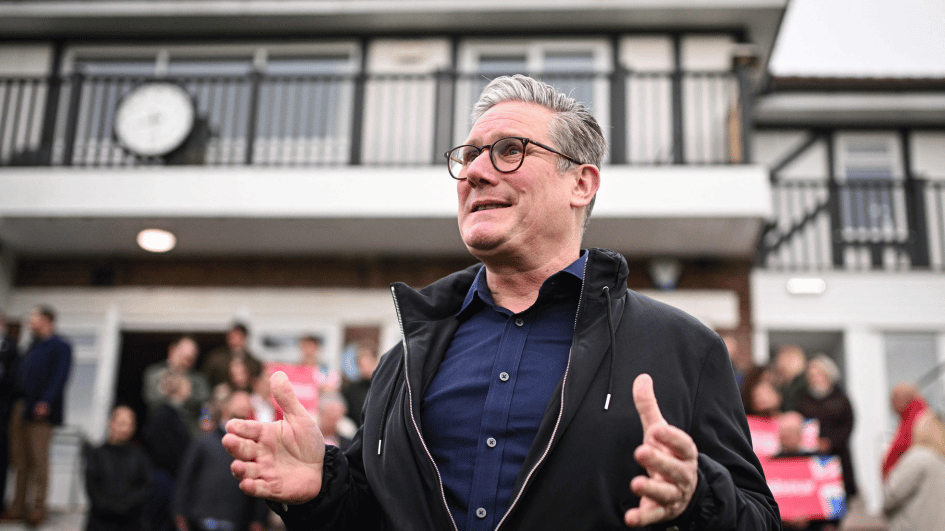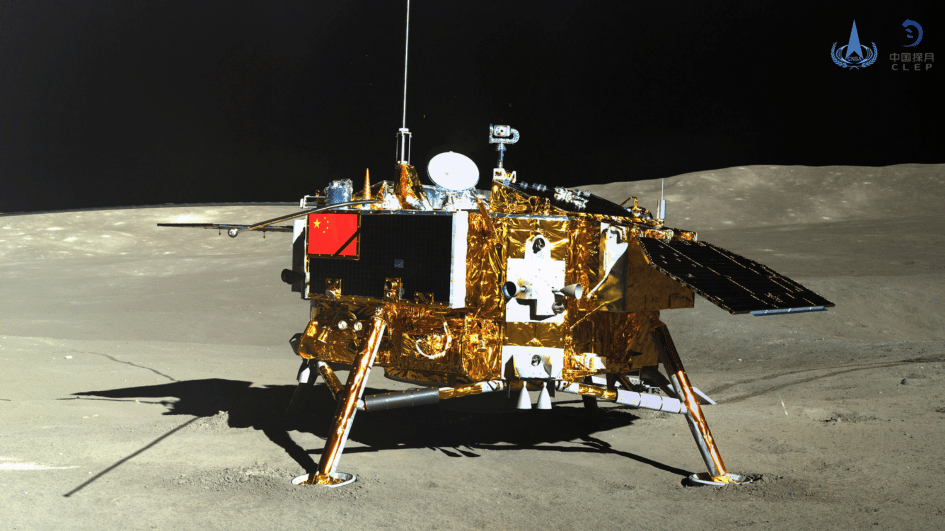Which interest rate is feasible?
Turkey’s Central Bank is in a very difficult position. Some people admired the monetary policy that has been implemented but some others never liked it. The focus of the discussion is, of course, the interest level and the exchange rates. However, at least a large number of exporters accept that it might be risky trying to fix the foreign exchange rate at a higher level. They are not sure about markets’ reaction.
For a long time, the same group has said a considerable cut in interest rates would decrease the attraction of investing in the Turkish Lira and that demand would shift to foreign currencies. As a result, foreign exchange rates would increase and the overvaluation of the lira would diminish. Consequently, exports would be able to increase considerably after gaining a fresh advantage in foreign and domestic markets while imports would naturally decrease, bringing important relief to national companies and to current account problems.
Foreign exchange rates recently increased even without any intervention in interest rates, but there has only been a slight development in the trade balance, which was not the expected result. This taught us that the relation among the interest rates, foreign exchange rates, imports and exports is not as simple as imagined.
Meanwhile, some businesspeople, economists and opinion-writers insist that the government intentionally implemented a “high interest/low exchange rate” policy which led to the deterioration in foreign trade and current account balances. It is really difficult to convince them that there was not such an intention but this situation was a practical outcome after shifting from a fixed to flexible exchange rate policy in order to stop the rapid foreign exchange outflow during the 2001 crisis.
After deciding to implement a flexible foreign exchange regime, it is almost impossible to change one’s mind, which might create more serious current account problems. And it must be remembered that Prime Minister Recep Tayyip Erdoğan has always been against high interest rates.
This brings us to another matter. What interest rate levels are feasible and reasonable for the Turkish economy? We can easily read the prime minister’s mind, but he naturally has not provided any number. The decision will and must be taken by the Central Bank with the support of other authorities who are responsible for economic affairs. This is not as easy as imagined. There might be risks with any level because of the difficulties of estimating the reaction of markets beforehand. High interest rates might shift investments from foreign exchange to liras and will decrease fx rates. This will have a negative effect on foreign trade and current account balances, but, on the other hand, it will slow down price increases. However, the inflationary effect of high interest rates must not be neglected. But who will calculate the net effect of this operation on the economy and how? In addition, in every textbook, it is written that high interest rates slow down growth and employment.
A similar difficulty is true of a decision to cut interest rates. Lower interest rates will shift investments from liras to foreign exchange this time and increase exchange rates. This might be good for foreign trade and current-account balances, as well as for growth and employment. But, at the same time, low interest rates will negatively affect already-weak domestic savings, which is the main reason for the current account deficit. In addition, the inflationary effect of higher foreign exchange and lower interest rates must not be forgotten.
The aim of this column is not, of course, to draw a very complex economic scenario but to explain how difficult it is to take a decision on key elements of the economy. For that reason, economists and the heads of important institutions invented a new term which is not very scientific but vey practical: “fine-tuning.”
Unfortunately, neither national economies nor the world economy now resemble any musical instrument. Any attempt at fine-tuning might merely create more out-of-tune sounds.










